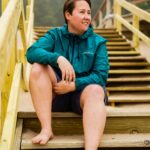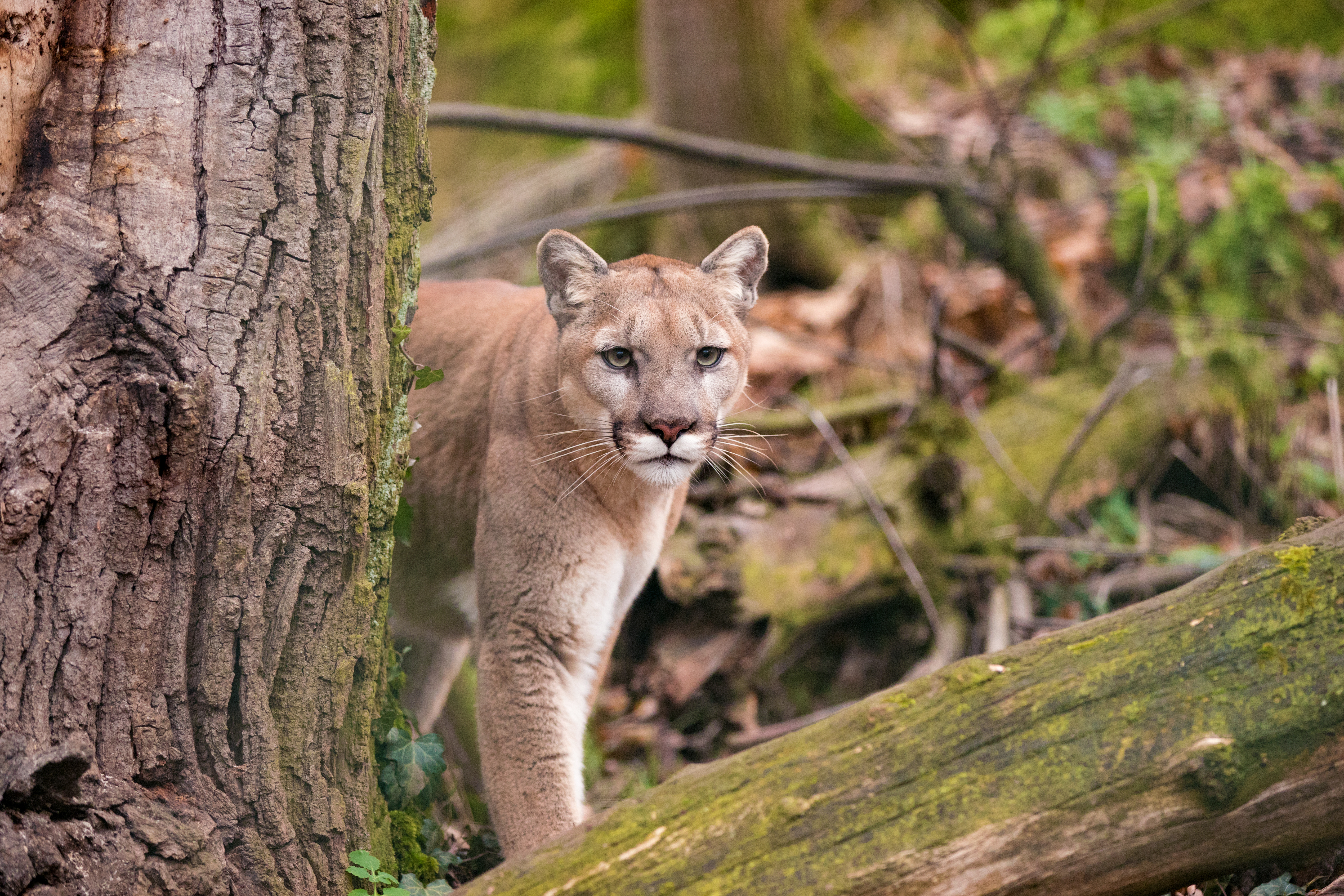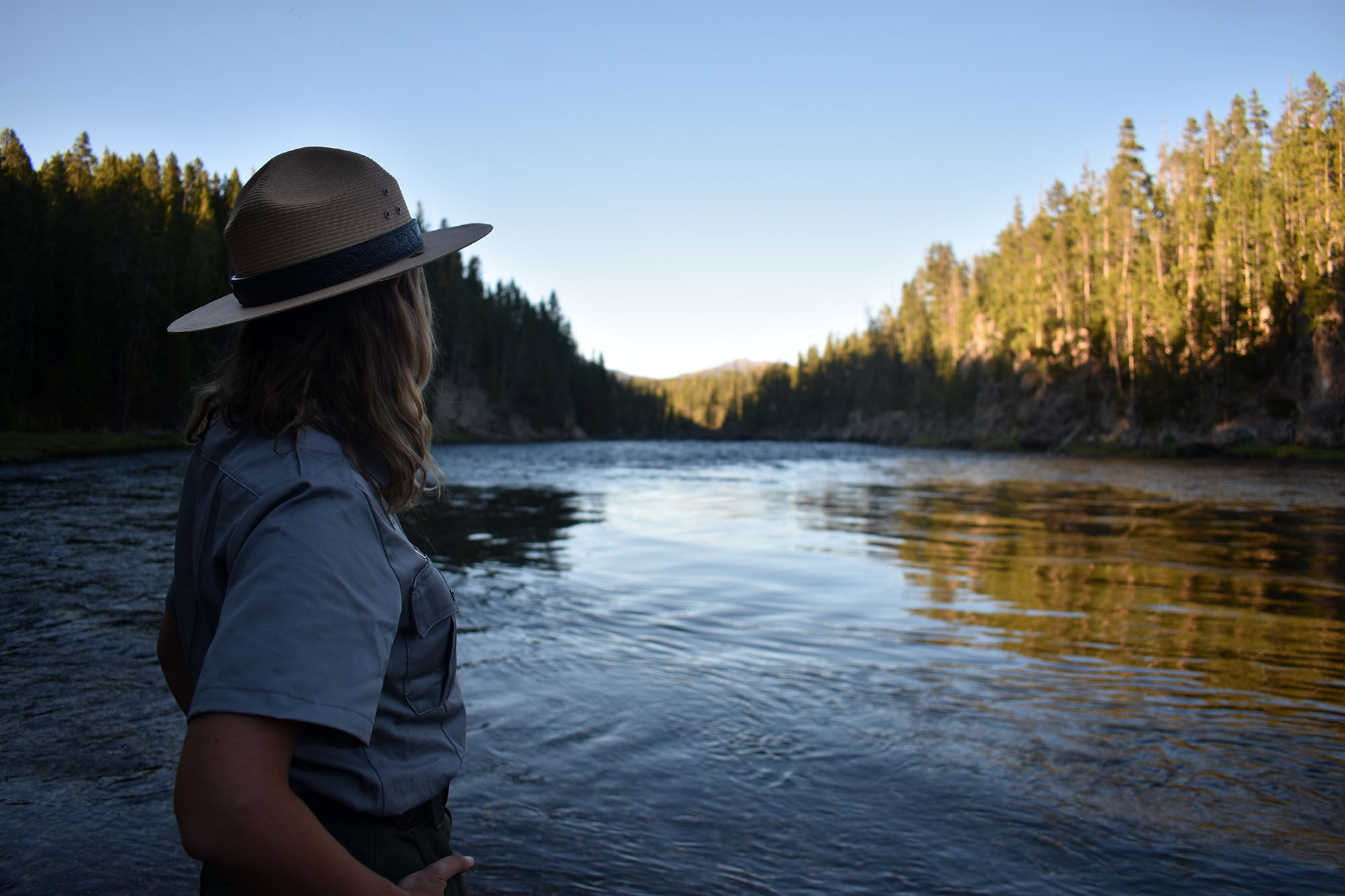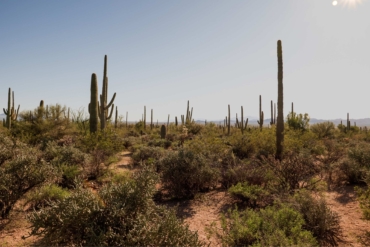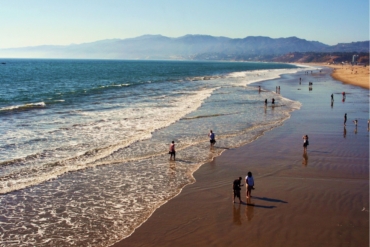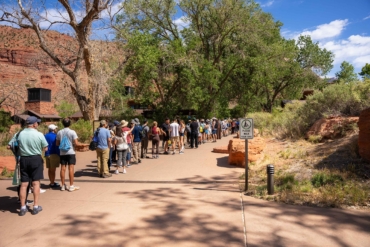As a member of the LGBTQ+ community, I couldn’t care less about brands’ rainbow logos and gear during Pride month.
I’m tired of the “Love Is Love” and “The Outdoors Is for Everyone” blanket statements. I’m begging you to stop highlighting queer brand ambassadors on your social feeds only during the month of June. These lackluster attempts at “showing support” for the LGBTQ+ community are performative, not authentic.
Supporting the queer community must go beyond donating funds to the nonprofit of your choice or doling out free products to organizations throughout the year. These actions should represent only a small piece of brands’ ally efforts. Real action requires meaning and intention. It isn’t just a blip on a marketing calendar.
We also need to wake up to the fact that the well-being and literal safety of our community is at severe risk — especially for trans people and queer black, brown, and indigenous folks.
On June 6, 2023, the Human Rights Campaign (HRC) issued a first-ever “State of Emergency” for LGBTQ+ Americans. Let that sink in: a state of emergency. The nation’s largest lesbian, gay, bisexual, transgender, and queer civil rights organization signaled an alarm in the wake of the more than 500 anti-LGBTQ+ bills introduced into legislature and over 75 bills signed into law this year alone. That’s more than double last year’s numbers, the previous record, as calculated by the HRC.
It’s time for brands to step up and show up, not here and there, but all year. Serving as a true and authentic ally for the LGBTQ+ community requires much more work.
Prioritize People Over Product

Carmela Montenegro, a Diversity, Equity, and Inclusion (DEI) consultant within the outdoor industry, says consumers can see right through corporate giving, grants, and sponsorship — no matter the check size. Montenegro is a firm believer that if a brand’s internal culture does not mirror its external actions, it can expect to lose the trust and loyalty of consumers.
“One thing that I really like when I talk to potential clients is hearing that they understand this is not a one-year fix. It’s a five to ten to twenty year plan,” says Montenegro. “I also personally believe that if a company is truly going to be authentic in supporting the queer community, their employee base is going to reflect that as well.”
Whether it’s a portion of profits going to a local LGBTQ+ nonprofit or a sponsorship of a major Pride event, a company’s efforts can’t begin and end with donations alone. Montenegro says brands must change internal policies and procedures. They need to prioritize the mental and physical health of LGBTQ+ employees within their own organizations.
That includes things like implementing nondiscriminatory hiring processes, greater access to affordable and affirming healthcare, and more inclusive parental leave benefits.

“I think companies have an opportunity to be a lot more innovative in how they support their LGBTQ+ employees. Especially when it comes to healthcare,” says Montenegro. “There are a lot of companies whose policies center around Catholic, Baptist, and Protestant ideology. These religious roots can be potentially harmful to LGBTQ employees. For example, two Dads who want to adopt or trans people who need to take extra time off because they’re going through gender-affirming surgeries.”
Allocating larger budgets to create and offer more holistic benefits for LGBTQ+ employees is an imperative step in showing up more authentically both inside and outside of their brand. Montenegro argues these cultural shifts within an organization — through supporting its own employees — will trickle down to the consumer.
“If brands want consumers’ money and loyalty, they need to show up [with] authenticity because there are so many other options out there,” says Montenegro. “My priority is focusing on changing the culture of the brand rather than paying lip service and sponsoring one-off events like San Francisco Pride.”
Bring Authenticity Into Pride Month Storytelling

Many brands have ambassador programs featuring a roster of brand advocates ranging from professional athletes and creators to community activists. These ambassadors help amplify a brand’s values and mission through their own voice, connect the brand to their own communities, and show off products along the way.
At a baseline, these ambassador rosters should include a diverse mix of identities and backgrounds. That should include (ideally several) LGBTQ+ people. If you don’t have any queer people on your ambassador roster, that’s a big red flag.
Beyond representation, brands must also approach storytelling and collaborate with ambassadors and athletes in a way that allows them to show up as their true and authentic selves. Brooke Ruble is a Michigan-based artist and creator of BE. She has been an Osprey ambassador since 2019. She says brands that give ambassadors creative freedom to share their own stories and bring them along to see the inner workings of the company are setting the best example for the rest of the industry.
“I appreciate Osprey so much for being authentic in asking me, as a human, ‘Hey, Brooke, what’s your story?’ And allowing me to choose how I tell that story alongside them,” says Ruble.
“They genuinely have always wanted to prop me up and see what I can create. Allowing me to choose how my own story shows through my work and on their products. They’ve also done a great job of bringing me along through each step in the process. I’m involved in everything from reviewing samples to attending sales meetings. They’ve extended opportunities to me at every touchpoint within their team.”
Over the years, Osprey has launched a series of Pride-related products. A portion of those proceeds benefit community organizations, including LGBTQ-focused nonprofits during the month of June.
This year’s fundraiser, benefiting The Venture Out Project, will donate up to $20,000 through sales of its Pride-edition Daylite Plus pack. For next year, the brand tapped Ruble to collaborate on a more meaningful design for the Daylite Plus pack — one inspired by her personal story, experiences, and struggles in navigating her own identity.

“Osprey has been very, very supportive of allowing me to tell my own story in the way I am comfortable telling it,” says Ruble.
“It isn’t about me being queer. It isn’t about my sexuality. it’s about me and how I came to be today. My story involves a lot of hard and heavy topics around self-harm, suicide, and mental and emotional wellness. Many things that I didn’t quite know were appropriate or that I was even comfortable sharing. But that discomfort and ability to navigate my own story how I’d like actually allowed me to find my own solace. [It allowed me] to open the door for someone else to potentially do the same. It’s truly been a life-changing project for me.”
Ruble’s Pride collaboration pack, which is set to launch in spring 2024, will feature gender-neutral colors and an illustrated pattern inspired by the diversity of trees.
“The design tells the story of how deep down, we’re all made of the same stuff,” explains Ruble. “We are all in the same forest, we’re all trees out here just trying to grow and survive and make it. And yet we’re still very different from one another. And that’s wonderful.”
Invest in Mentorship

If we search for any glimpse of hope for a better future for LGBTQ+ people, it’s in the up-and-comers and younger generations where we’ll find it.
Outdoor brands have a huge opportunity to invest in providing resources — like mentorship opportunities — for both emerging leaders and young people from the LGBTQ+ community. Instead of throwing dollars at one-off programs, events, and material resources, why not invest that money in helping develop skills and connections that could change the future?
Mountain Hardwear and its Open Aperture Photo Clinic for underrepresented and marginalized photographers and creatives do just that. Led by Mountain Hardwear athlete and professional photographer Nikki Smith, Open Aperture has mentored over 20 photo clinic participants since its launch in 2019.
Smith says the inspiration for starting a mentorship-based program that focuses on developing and providing opportunities for the next generation of underrepresented photographers and creatives comes from a time when she never saw people like herself both behind or in front of the camera.

“As much opportunity as photography has given me and allowed me to do things I couldn’t imagine, I’ve never seen myself in photos — a visible trans person,” says Smith.
“Our [queer, black, brown, indigenous] communities have always participated in adventure sports but have not been seen. Photography is a vehicle to create a more inclusive, open, and diverse community within the outdoors. And this program is meant to not only inspire a new wave of diverse creatives but move beyond that.”
This year’s program, which will be hosted in July, will sponsor six more LGBTQ+ and BIPOC participants on an all-expenses, week-long clinic in Salt Lake City. The programming includes classroom and in-the-field workshops, one-on-one mentorship with industry professionals, and valuable and impactful time to learn from and connect with Smith and other participants.
“Storytelling can be a powerful tool for connection and understanding,” says Smith. “We created Open Aperture to address the need for many in historically marginalized communities to be able to tell their own stories rather than have others outside their community tell them for them. While teaching is fun, it’s almost more exciting to see what our participants do after the program and knowing I played a small piece in helping make that happen.”
If You Give for Pride Month, Give 100%

Like ambassadors, queer athletes play a big role in how brands show up for and connect with the LGBTQ+ community. Brands work with athletes to leverage their social platforms to raise funds through product sales that ultimately benefit nonprofits and organizations that support the community.
What makes or breaks this kind of partnership — in one athlete’s opinion — is how willing the brands are to put them at the center of the ideation and decision-making process. The long and short of it: They don’t want to simply be the face of the movement. They want a say in how and where they show up in marketing. They want to play a role in guiding philanthropic efforts.
“I’m really interested in working with brands who want to support queer people and put them at the center of the conversation, and who allow them to make the decisions on how to approach Pride Month — something that can be very performative at times,” says Nikki Hiltz, the first openly trans, nonbinary professional runner to win a United States Track and Field Championship.
“Article One, for example, came to me and gave me the reins to make the decisions about the product we’ll sell and the organization we’ll raise money for. I feel like that’s the right approach.”
This Pride Month, the independent eyewear brand and Hiltz are working to raise money for Stand with Trans. The national organization works to empower transgender youth and their loved ones. The big difference about this Pride fundraiser: 100% of profits from the sale of Article One’s Avalon frames (Nikki’s personal favorite) throughout June will go directly to Stand with Trans.

“I decided I really wanted the proceeds to benefit smaller organization that maybe doesn’t get a lot of funding,” says Hiltz. “Sometimes when you raise a bunch of money, it can go so much further for a more local organization than a huge, national one that’s always receiving money throughout the year. I also really wanted this partnership to focus primarily on the needs of the trans people. Specifically because of all the hateful legislation that’s targeting the trans community.”
Beyond this relationship with Article One, Hiltz is also sponsored by Lululemon. Hiltz is also the founder of the Pride 5K, an annual race in Flagstaff, Ariz., that benefits The Trevor Project. They say they’re similarly proud of their work with Lululemon. The brand consistently pulls them into internal conversations when it comes to product design, especially when focused on the needs of queer people.
Similarly, Athletic Brewing Company works hand-in-hand with its athlete team on charitable giving and collaborative beers brewed with a deeper meaning. A culmination of both passion and activism, queer professional climber Alex Johnson has worked with Athletic Brewing for the past 3 years on a limited-run batch of beer. Athletic Brewing gives 100% of profits to organizations supporting the LGBTQ+ community. Rainbow Wall IPA, inspired by one of Johnson’s favorite climbs and created with flavors she loves, will benefit The Out Foundation, Out & Equal, and San Diego Pride until the last can is sold.
“Our goal has always been to open the aperture of craft beer to reach more communities than it has traditionally,” says Bill Shufelt, co-founder and CEO of Athletic Brewing Company. “We’re always trying to show up consistently and positively, year in and year out. By being welcoming. By being good listeners. And by giving our support to all underrepresented communities.”


